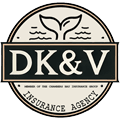Commercial Auto
Commercial auto insurance, sometimes called business auto, helps protect a business from financial exposures associated with injuries or property damage suffered by others from an accident caused by the business owner or their employees in an insured commercial vehicle. Commercial auto liability insurance can cover any type of commercial vehicles, including cars, SUVs, vans and trucks.
Who Needs Commercial Auto Insurance?
Any business whose owner(s) or employees use company-owned vehicles for business purposes should carry commercial auto insurance. Some common activities done with company vehicles that can be covered under commercial auto include, but are not limited to:
- Transportation of medical equipment.
- Delivering goods or documents to other businesses.
- Delivering goods or services to clients or customers.
- Transportation of other employees or clients to work-related activities.
- Picking up food or office supplies from an off-site location.
Any business whose owner(s) or employees use company-owned vehicles for business purposes should carry commercial auto insurance. Some common activities done with company vehicles that can be covered under commercial auto include, but are not limited to:
- Transportation of medical equipment.
- Delivering goods or documents to other businesses.
- Delivering goods or services to clients or customers.
- Transportation of other employees or clients to work-related activities.
- Picking up food or office supplies from an off-site location.



